Offering employee health coverage is a major benefit for many companies, but with it comes a range of reporting requirements to federal agencies like the IRS. If you're unsure about your obligations, here's what you need to know.How Many Employees Must You Have Before Compliance Is Required?
The Affordable Care Act (ACA) requires certain employers, known as "applicable large employers" (ALEs), with 50 or more full-time employees to report health coverage information. These employers must file Forms 1094-C and 1095-C with the IRS.
- Form 1094-C summarizes the information reported and transmits Forms 1095-C to the IRS.
- Form 1095-C reports details about the coverage offered to each full-time employee and is also used to determine whether employers owe shared responsibility payments (the "employer mandate").
Failure to offer affordable, minimum essential coverage to full-time employees and their dependents can result in penalties under the ACA. Employers with fewer than 50 full-time employees are not considered ALEs and are not subject to these reporting requirements.
What Information Must Be Reported?
On Form 1095-C, ALEs must report the following details for each full-time employee for any month during the year:
- Employee's name, Social Security number, and address.
- Employer's EIN and contact information.
- A description of the coverage offered and the months of coverage.
- The employee's share of the lowest-cost, minimum-value plan offered.
- Applicable safe harbor codes under the employer shared responsibility provision.
What if We Have a Self-Insured or Multi-Employer Plan?
If an ALE provides health coverage through a self-insured plan, additional reporting is required on Form 1095-C. Employers offering coverage through a multi-employer plan will have the plan issuer or sponsor handle reporting.
Employers offering self-insured health coverage but not subject to the employer mandate use Forms 1094-B and 1095-B to report coverage.
W-2 Reporting Requirements
In addition to Forms 1095-C, employers must report certain health coverage information on employee W-2 forms. This is for informational purposes only and does not affect whether employer-provided coverage is taxable.
Get Help with Compliance
Navigating health coverage reporting requirements can be complex, especially if your business has unique considerations like self-insured or multi-employer plans. Contact us for guidance.



